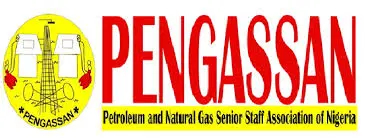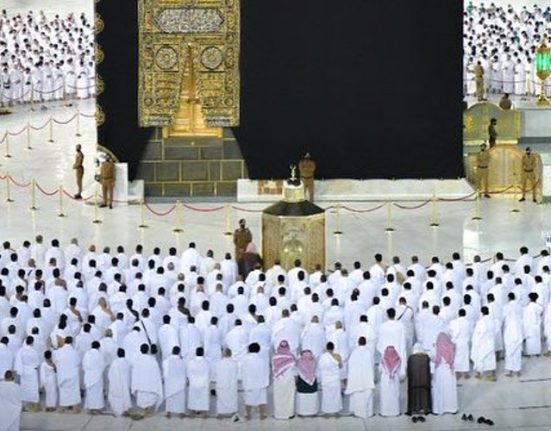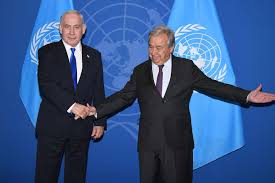In a development that has stirred fresh diplomatic unease, a heavy-duty Russian Air Force cargo aircraft reportedly touched down in Iran, raising new questions about compliance with existing United Nations Security Council sanctions. The landing, which has not been officially explained by either Moscow or Tehran, comes despite long-standing arms embargoes placed on the Islamic Republic by the international community.
Under the current framework of UN restrictions, Iran remains subject to limitations on arms transactions—an embargo that stems from resolutions intended to curb the country’s access to military-grade weaponry and technology due to concerns over its nuclear programme and regional military activities. However, both Russia and China have openly dismissed the validity of these restrictions in recent years, especially following the expiration of key clauses in UN Resolution 2231.
In line with their geopolitical alignment, Moscow and Beijing have maintained that the arms embargo provisions are no longer binding, citing the sunset clause of the 2015 nuclear agreement—also known as the Joint Comprehensive Plan of Action (JCPOA). Despite this, several Western nations, particularly the United States, argue that Iran remains under certain restrictions, especially regarding the transfer of advanced weapons systems and military support.
The presence of a Russian military transport aircraft in Iranian airspace, particularly under current global tensions and the backdrop of Russia’s involvement in Ukraine and Iran’s own support for allied proxy groups in the Middle East, has heightened speculation about potential arms cooperation or strategic military exchanges between both nations.
Though the specific content of the aircraft’s cargo has not been disclosed, defence analysts suggest that such a visit likely involved either military equipment, maintenance support, or personnel exchanges—all of which, if confirmed, would carry implications for the fragile balance of power in the Gulf region.
Western observers and policymakers have expressed concern that the increasing military ties between Moscow and Tehran could not only undermine international sanctions but also embolden further defiance of global diplomatic frameworks. As of now, neither the Kremlin nor the Iranian government has issued a detailed statement regarding the nature or intent of the flight.
This development adds to a growing list of incidents that reflect shifting alliances and a clear challenge to Western-led sanctions regimes, signaling a more assertive posture by countries seeking to redefine the rules of global engagement in their favour.







